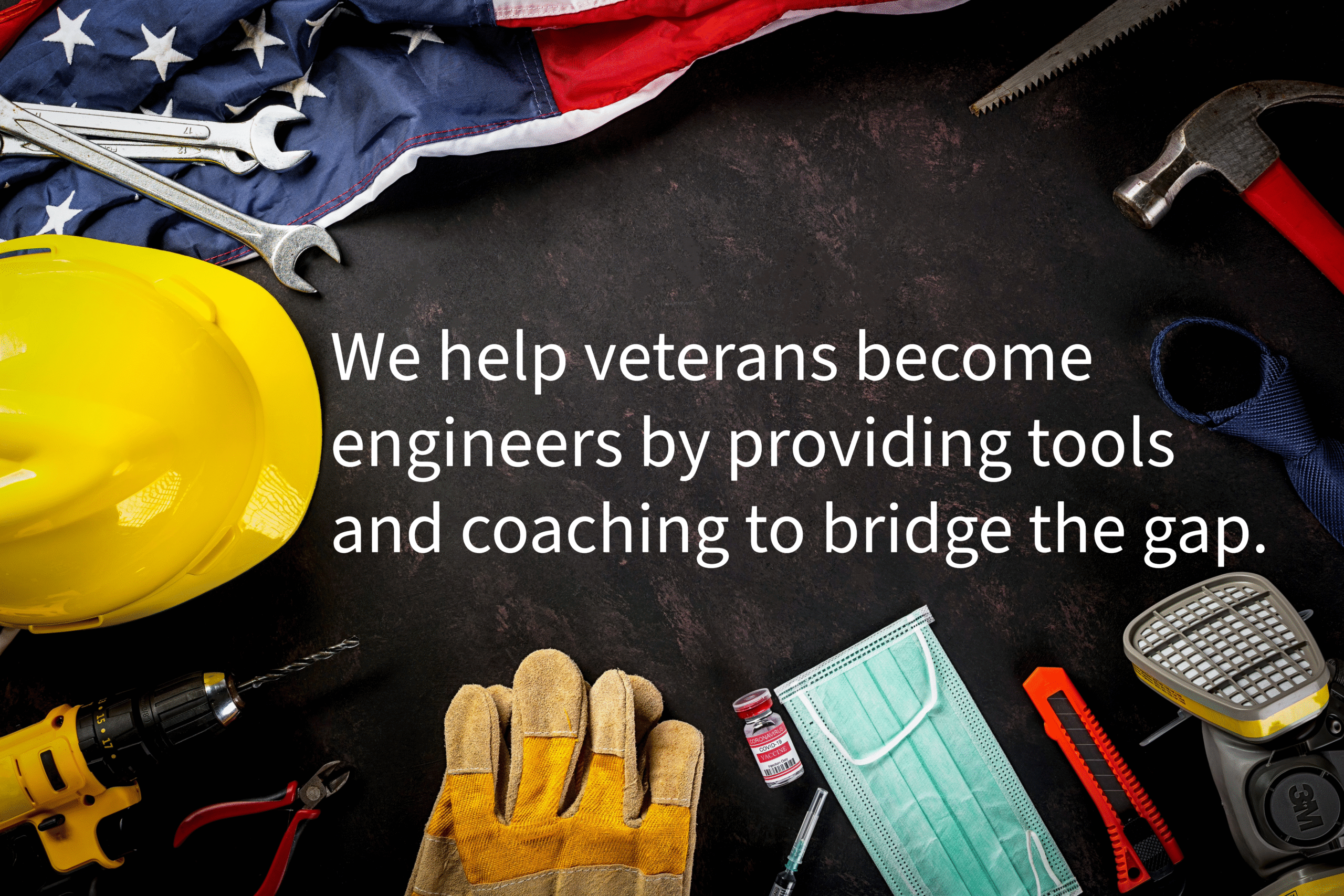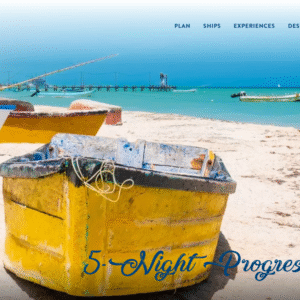Description
University-affiliated resources are an excellent choice for veterans preparing for engineering careers for several reasons:
- Comprehensive Education:
- Universities offer a wide range of engineering programs that provide a solid foundation in both theoretical and practical aspects of engineering. This comprehensive education equips veterans with the necessary knowledge and skills to excel in various engineering fields.
- Accredited Programs:
- University programs are often accredited by recognized bodies, ensuring that the education provided meets industry standards. This accreditation is crucial for veterans seeking to establish credibility and competitiveness in the job market.
- Veteran Support Services:
- Many universities have dedicated veteran support services that understand the unique needs of veterans transitioning to civilian careers. These services can include academic advising, career counseling, and assistance with navigating educational benefits.
- Networking Opportunities:
- Universities provide ample opportunities for veterans to network with peers, faculty, and industry professionals. This networking can lead to valuable connections, mentorship, and potential job opportunities in the engineering sector.
- Access to Cutting-Edge Resources:
- University-affiliated resources often include access to state-of-the-art labs, research facilities, and technology. This exposure allows veterans to gain hands-on experience with the tools and technologies used in modern engineering practices.
- Flexible Learning Options:
- Many universities offer flexible learning options, such as online courses or part-time programs, which can accommodate the diverse needs and schedules of veterans.
- Pathway to Advanced Degrees:
- For veterans interested in furthering their education, universities provide pathways to advanced degrees such as master’s or doctoral programs, opening doors to specialized roles and leadership positions in engineering.
- Recognition of Military Experience:
- Some universities recognize military training and experience as credit towards degree programs, allowing veterans to accelerate their educational journey and enter the workforce sooner.
Overall, university-affiliated resources provide a supportive and enriching environment for veterans to transition into successful engineering careers, leveraging their military experience and building new skills for the future.
Government resources are a great choice for veterans preparing for engineering careers due to several compelling reasons:
- Tailored Support Programs:
- Government agencies offer programs specifically designed to support veterans in their transition to civilian careers. These programs often include career counseling, job placement services, and workshops tailored to the unique needs of veterans entering engineering fields.
- Educational Benefits:
- Veterans can take advantage of educational benefits such as the GI Bill, which covers tuition and fees for higher education, including engineering programs. This financial support makes it more accessible for veterans to pursue degrees and certifications.
- Skill Translation Assistance:
- Government resources often provide tools and services to help veterans translate their military skills and experiences into civilian terms, making it easier to align with engineering roles and meet industry requirements.
- Access to Training and Certifications:
- Many government programs offer access to specialized training and certification courses that are essential for engineering careers. These programs may be offered at little to no cost for veterans, reducing financial barriers to entry.
- Job Placement and Networking:
- Government initiatives frequently include job placement services and networking opportunities with employers who are actively seeking to hire veterans. This can lead to direct employment opportunities in engineering roles.
- Supportive Legislation:
- Various laws and policies are in place to encourage the hiring of veterans, providing incentives to employers and creating a more favorable job market for veterans entering engineering careers.
- Mentorship and Peer Support:
- Government programs often connect veterans with mentors and peer support networks, offering guidance, encouragement, and shared experiences to help veterans navigate their career paths.
- Focus on In-Demand Skills:
- Government resources are often aligned with national workforce development goals, focusing on in-demand skills and industries, including engineering. This ensures that veterans receive training and support that align with current job market needs.
Overall, government resources provide a comprehensive and supportive framework for veterans preparing for engineering careers, leveraging their military experience and facilitating a smooth transition into the civilian workforce.





Reviews
There are no reviews yet.